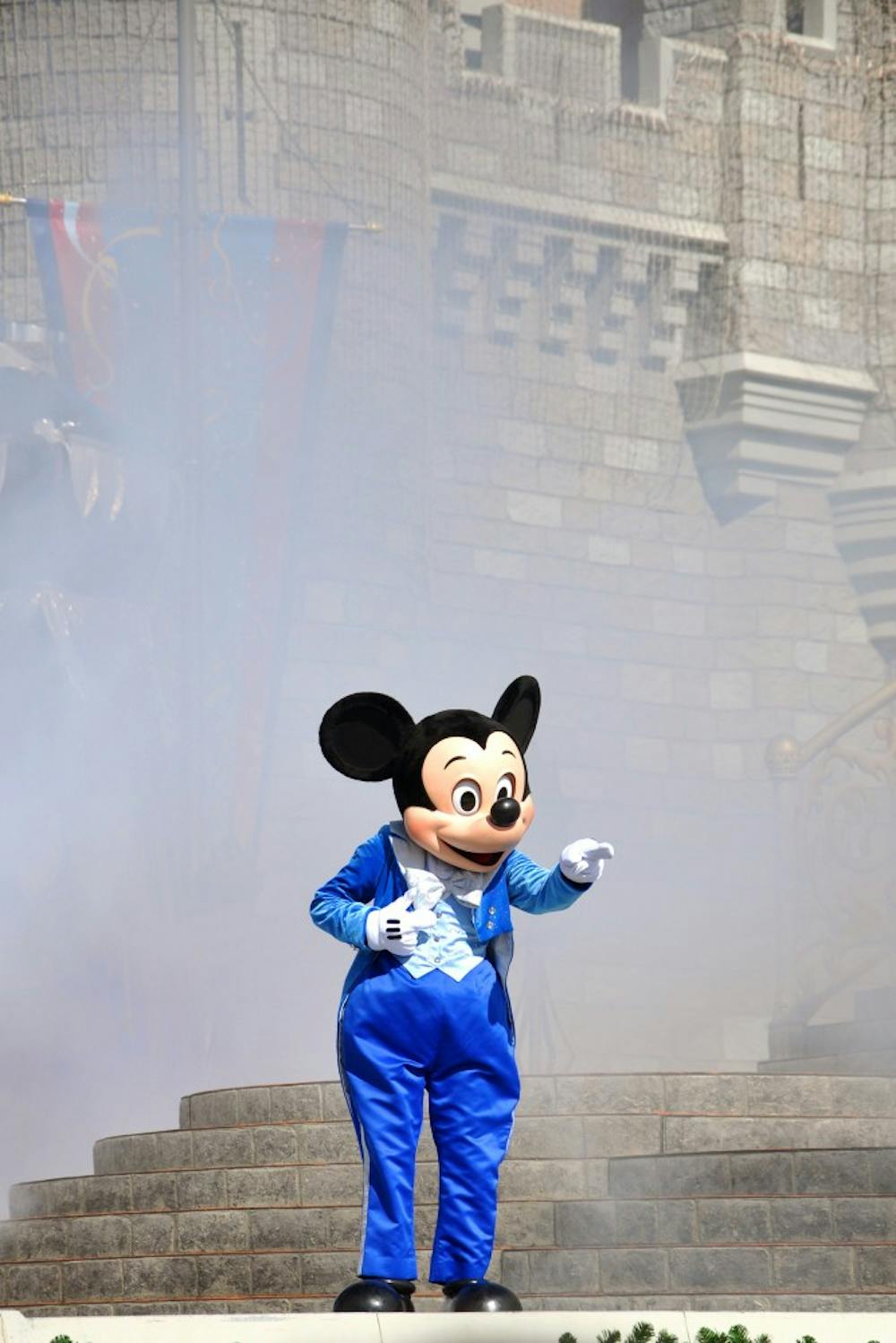Let’s admit it: Disney hasn’t been all that great lately. All of its recent remakes are pure money grabs, and it hasn’t been coming out with much original material. They bought both Star Wars and Marvel, and who knows what will be next?
Disney's recent acquisition of 21st Century Fox and 20th Century Fox movie studio, however, is crossing the line into monopolization. As Disney continues its journey in media acquisition, consumers are facing far fewer choices in who produces and controls the media they enjoy.
Even though, for now, the market remains an oligopoly, Disney has been relentless in its pursuit of acquiring as much as they can without producing quality original content, such as recent live-action remakes that don't bring anything new to the table and are just blatant cash cows. Additionally, some fans of Marvel and Star Wars are disappointed by how the movies coming out of their favorite franchises have become noticeably laden with typical childish Disney humor.
Disney also announced last week that its new streaming service, Disney+, will come out on Nov. 12. While Netflix has been slowly increasing its streaming price over the years — currently starting at $8.99 per month — a subscription to Disney+ will go for $6.99 per month.
Now, Netflix has been doing a lot lately. Well-received Netflix original movies and series have been coming out left and right, and most subscribers haven't minded the increasing price tag.
However, when Disney comes out with its streaming service, it will have the ability to buy out Netflix's subscribers with the allure of a huge vault of animated movies that captured the hearts of so many people for years, alongside its own original shows that will venture further into the Marvel and Star Wars franchises.
Even investors seem to be wary about Disney+ and what it will mean for Netflix. Disney's stock has risen 12% since Disney announced its streaming service, while Netflix's stock has gone down 3%.
Let's not forget that before Disney merged with Fox, it had a 30% stake in Hulu. They now own 60% of it, with NBCUniversal owning 30% and Warner Bros owning a meager 10%. It wouldn't come as a surprise if Disney decided to buy up the rest of Hulu and structure Disney+ around it by enticing subscribers to pay just a couple of extra dollars per month to have access to Disney's vast library of original content. By buying the rest of Hulu, Disney can turn the streaming service, which has always severely underperformed compared to Netflix, into a major competitor.
Disney's recent lack of originality is also concerning. Fox has continually made some of the most critically-acclaimed movies in recent years, such as "The Post" and "The Favourite." Disney just continues to announce remakes of its original animated movies, which makes it seem like Disney is only interested in making more money through empty blockbusters than creating films that make a statement.
It's hard not to be nervous about the future of the movie industry when Disney owns a huge portion of it and has made no promise of living up to Fox's previous films.
Will Disney actually monopolize the entertainment industry? Probably not. Is competition the backbone of today's capitalist market which drives companies to make better content? Yes, of course. However, we're just one step closer to a world in which only a few companies own all of the media providers in the world. This means that consumers will have no other choice but to suffer at the hands of these companies' corporate and political interests.
Media consolidation is scary. Disney is only feeding the terror.

